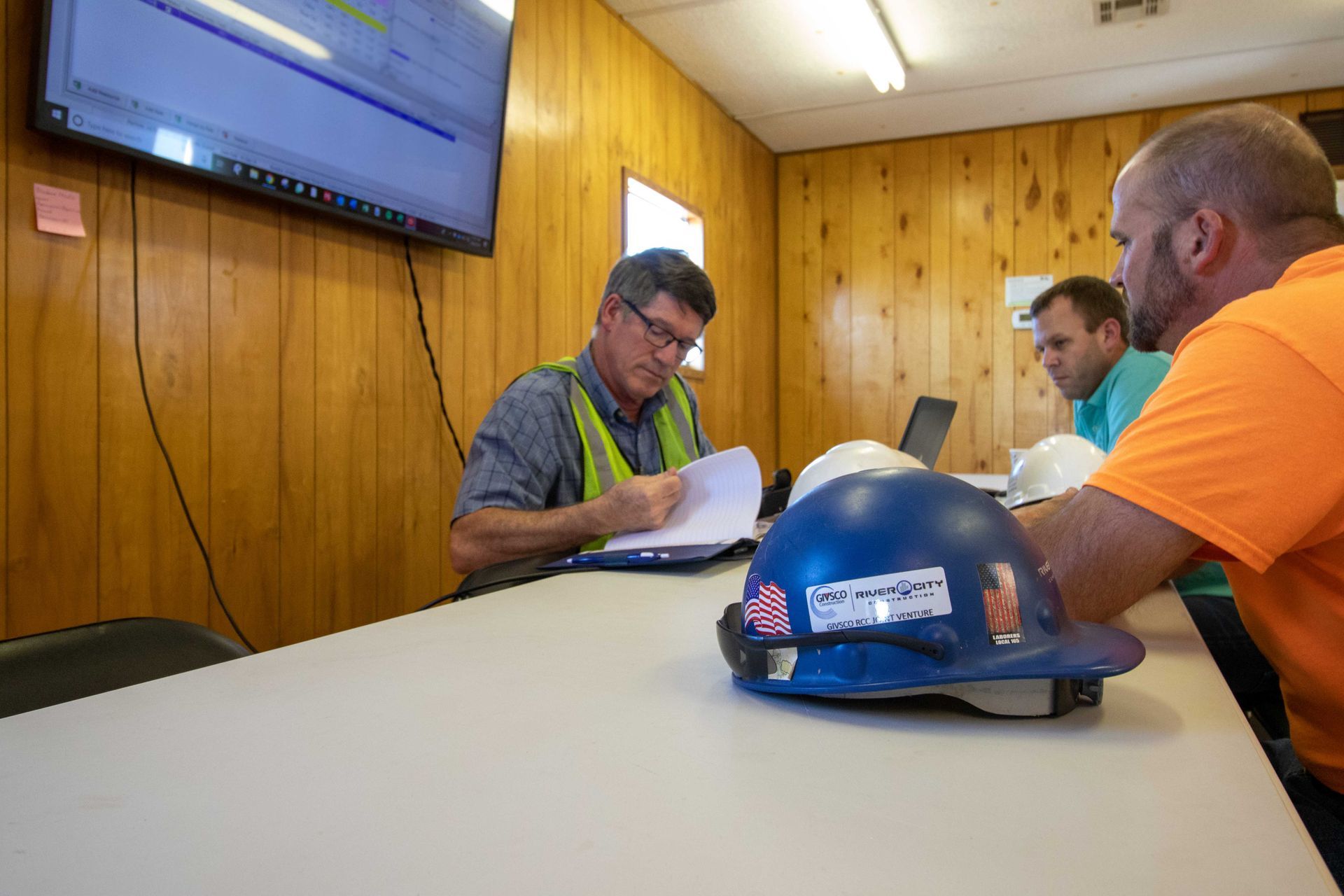How to Avoid Expensive Construction Mistakes
Think about this: nearly half of recently surveyed construction professionals said that at least one of their projects underperformed in the past year. While there’s no such thing as a “perfect” construction project, there are steps that project managers can take along the way to ensure that expensive construction mistakes don’t derail the budget or the timeline.
Along with overruns, these missteps can also lead to lengthy legal disputes — something that no construction contractor wants to deal with. Below we dive into a few challenges to avoid and the short-term solutions to help remedy them.
Falling Into The Labor Gap
It’s no secret that the construction industry has been facing a widening labor gap for some time — since our country’s last economic recession, in fact, when we saw a job loss of 1.5 million workers within the industry. Many construction company owners struggle to find qualified laborers, impacting project timelines.
The good news? There’s been exponential innovation in recent years regarding tech tools that can help with automating repetitive tasks and help train low-skilled workers. These tools have become more sophisticated and less costly, meaning that even smaller construction companies can take advantage of their use.

Making Errors In Estimation
Getting bids and estimations right is the foundation of a successful, timely construction project, but it’s also a process that’s fraught with errors. Underestimate a project, and your client could stop work based on budgetary restrictions with cost overruns. Overestimating your project’s price could mean potential clients go elsewhere to complete their project.
Planning strategies like the critical path method (CPM) help construction project managers drill down on the most minute costs of elements like labor, materials, and equipment rentals. CPM also builds in “buffer zones” to allow for margins of error that could mean additional financing is needed at the last minute.
Settling for Mediocre Design
There’s no reason why any stakeholder should sign off on poor design. Construction project managers should keep a close eye on the design process and make changes before the work even starts — poorly designed projects can cause a domino effect on the budget and the timeline. Rushing through the early designing of construction can lead to expensive changes once work is underway.
As is true with many other stages of construction project planning, there is a long list of tools that PMs can use to check plans for design flaws. Digitalization of the building plans can also offer team members and stakeholders a comprehensive look at a build and mitigate the risk of miscommunication or conflicts that may arise during the preconstruction phase.

Not Maximizing Management
Creating touchpoints for accountability is not a luxury during construction projects; it’s a necessity. There are so many moving parts that could lead to chaos without a dedicated management team in place. One group should be in charge of communication to help avoid issues that could get lost in translation or go unreported altogether.
Early in the planning strategy, elect this team and clearly define their roles throughout the process. Assigning accountability helps form a chain of command that will allow everyone working on the project to communicate clearly and quickly so as not to delay the project. This will also go a long way towards helping to avoid contract or jobsite disputes that could become major legal nightmares.
Skipping the Scheduling
While it may seem obvious that construction project managers can’t “wing it” without facing quite a few costly hurdles and delays, many projects are still started without a plan. Without short-term and long-term scenarios laid out before them, PMs are at a loss, and this disadvantage trickles down through the hierarchy of project team members.
Construction scheduling using software like Primavera is crucial for overall project success. They provide realistic and logical calculations and an accurate schedule. Delays and cost overruns are mitigated and even avoided, and the project can move seamlessly throughout its development.
Ultimately, all it takes is proactive planning to avoid expensive construction project mistakes that compound — remember, no project will be perfect. When you work with our team, you’ll be able to tap into our expertise and experience and learn how to optimize CPM and scheduling tools and strategies to find success. Don’t leave anything to chance;
contact us today.







